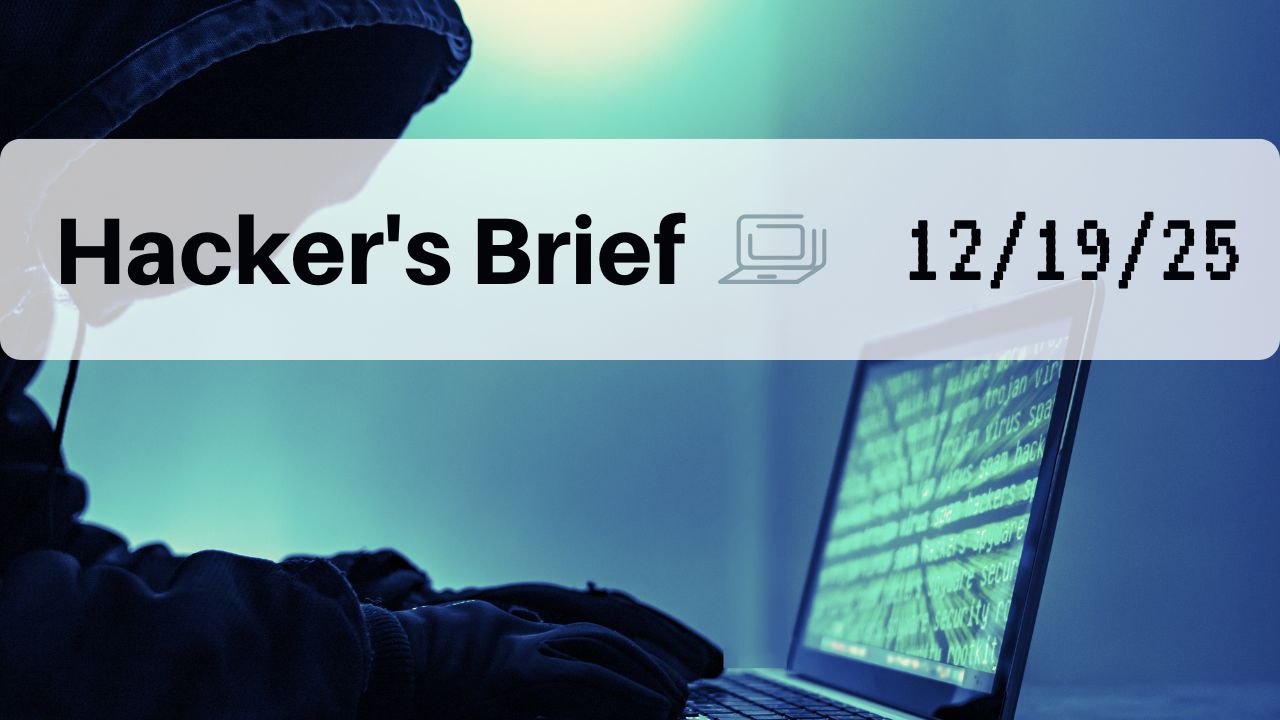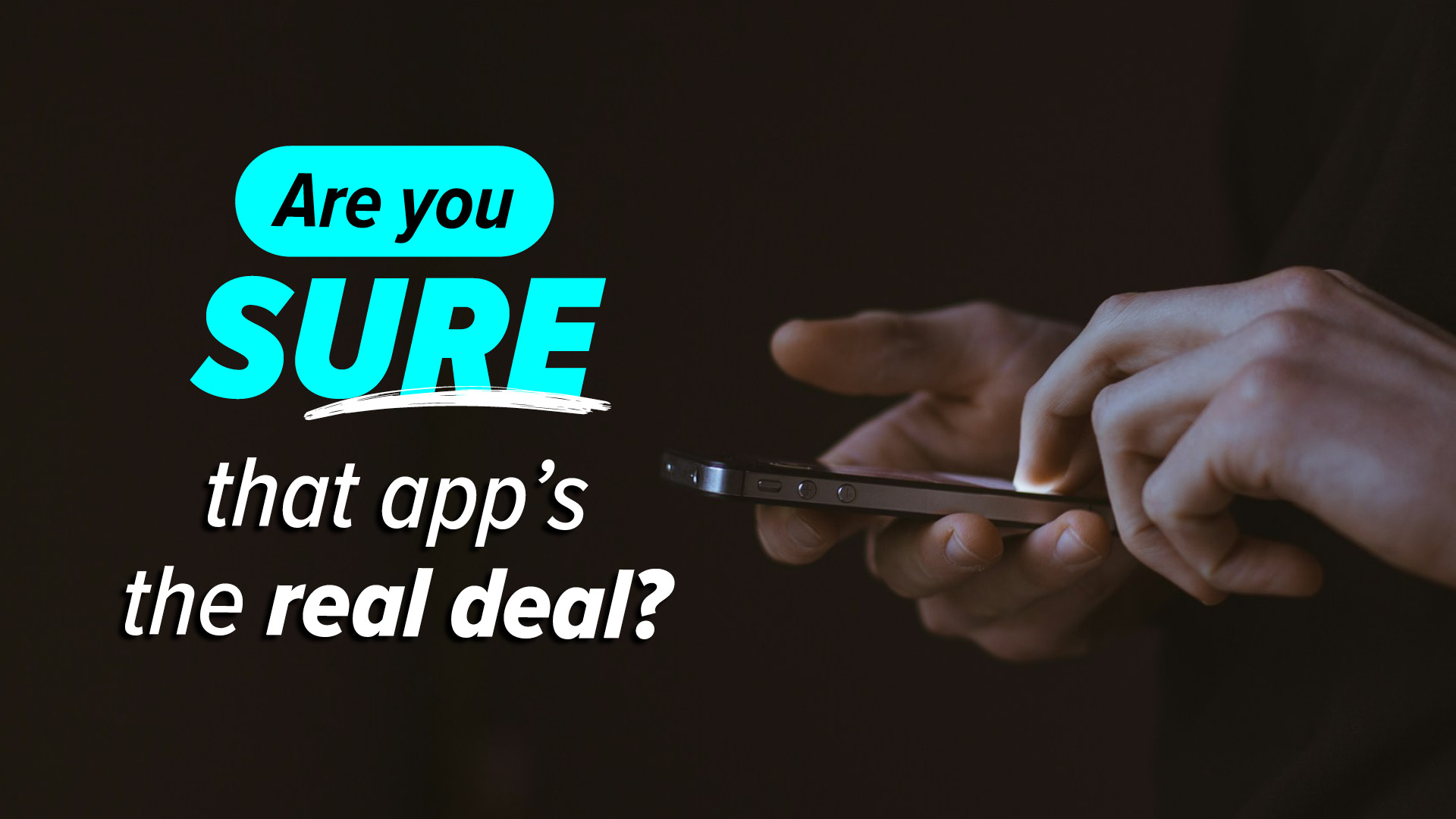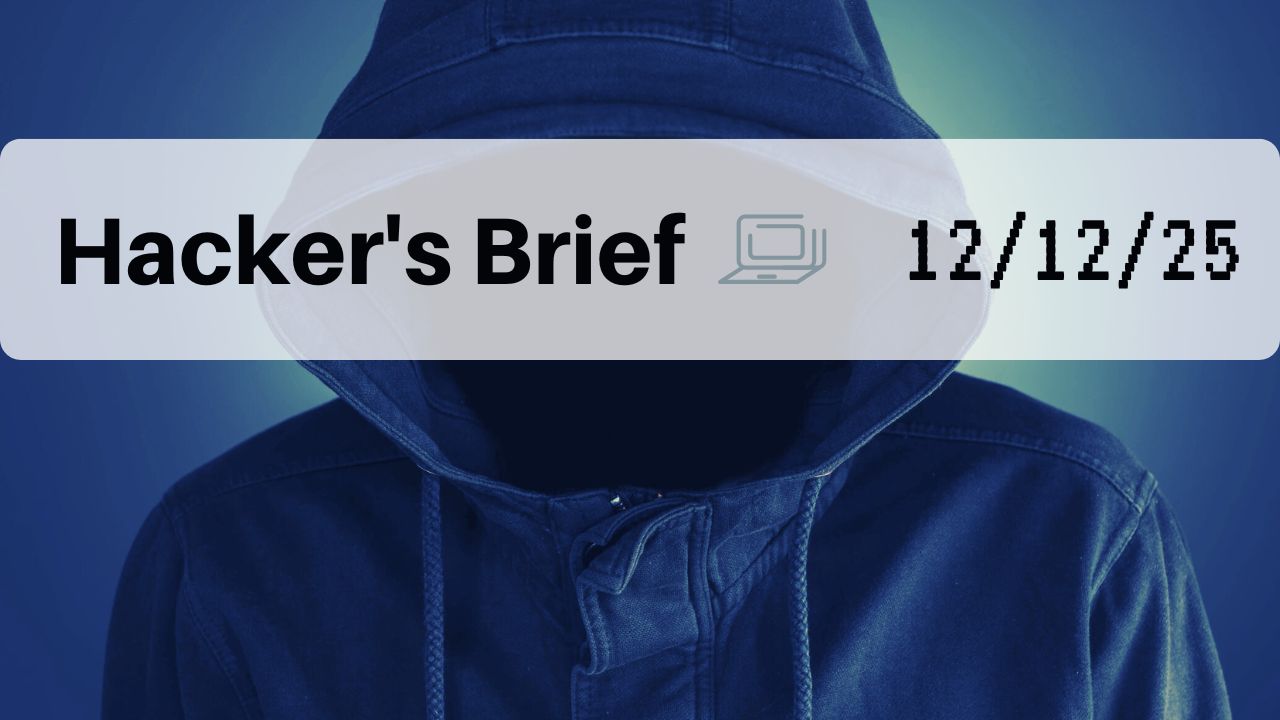
www.wyocan.org
www.cyberwyoming.org/alliance
307-314-2188, PO Box 2332, Laramie, WY 82073
Scam Victims Compensation:
If you receive an email with the subject line of “Scam Victims Settlement Compensation” from Mark Nelson at a Gmail address or a brain.net.pk address, a Sheridan citizen wants you to ignore it. Even though the email says it is from the FBI, it isn’t. Look for the strange punctuation, capitalization, and odd wording along with the unofficial Gmail address instead of the real FBI email address.
Saratoga Citizen Warns of Zelle Purchase Scam:
If you receive a direct message on a social media app like Facebook from “Joseph” who represents himself in a police uniform with 3 kids, be extra careful. The Saratoga citizen was selling an item. Joseph said that he was interested and encouraged the citizen to set up a Zelle account to make the transaction. Then he asked for her email address and sent a very real looking email from a Gmail account spoofing Zelle Pay. The email showed that there was an overpayment on Zelle and the rest of the correspondence comprises of Joseph trying to walk the Saratoga citizen through refunding him on Zelle. Check out the 11/21 Hacker’s Brief advice on Zelle from Scambusters.org and take the advice of the Saratoga citizen to be on the alert!
Energy Savings Scams:
Scambusters.org wants you to know that insulation, replacement windows, solar panels, and plug-in energy savings device scams are prevalent. Before you buy learn about R-values from this article by Forbes: forbes.com/home-improvement/home/what-is-insulation-r-value/ and don’t be afraid to ask for evidence to support money-saving claims. If you have questions, contact your utility company and ask them if they have heard of the product and get customer references too.
Tech support trick:
The long-established tech support scam, where crooks gain access to victims' PCs by pretending to be from Microsoft, has taken a nasty turn. Instead of saying your PC is infected, the scammers say there's evidence your financial accounts have been compromised and advise victims how to "safely" transfer their money to cybercurrency accounts. You can probably guess where it really goes - to the crooks! Brought to you by Scambusters.org.
FTC Alert – Scammers Posing as your TV and Internet Company:
If you receive a phone call saying your TV or internet company wants to lower your monthly payments and you need to prepay part of your bill to qualify, don’t believe it. They usually ask for gift cards for the prepayment which is a clue it is fake. Report it to reportfraud.ftc.gov.
No Fake Candy, but Fake Information:
In the run-up to Halloween, you might have come across reports about crooks giving out the dangerous drug fentanyl disguised as candy to trick-or-treaters. You won't be surprised to know there hasn't been a single reported actual case of this happening. It was just the latest seasonal scare stories, joining others like reports of razor blades being hidden in candy wrappers. But that didn't stop thousands of people from reposting the claim on social media. Brought to you by scambusters.org.
Thinking of Car Sharing? Think Again.
Car sharing, where you make money by renting out your own car to others is a trend across the nation, but beware because it is fraught with scam and danger. According to the FTC (Federal Trade Commission), the main risks are
- Publicly available information about your car and its location. When a person books it, they're told exactly where it's parked.
- If you choose to leave your keys in it for the renter, the car could be a target for thieves.
- Security features such as using a lockbox or using a remote unlock feature through an app are often dependent on their being within cell phone range. Or users may encounter other issues with them.
- Insurance can be complex and may not cover all risks.
The FTC has a guide to car rental here: consumer.ftc.gov/articles/renting-car. Brought to you by scambusters.org.
MS-ISAC and CISA Patch Now Alert:
The Multi-State Information Sharing and Analysis Center (MS-ISAC) or the Cybersecurity & Infrastructure Security Agency (CISA) has published a patch now (update your software) alert for Google’s Chrome browser. If you use this product, make sure the software (or firmware) is updated.
Please report scams you may experience to phishing@cyberwyoming.org to alert your friends and neighbors.
Other ways to report a scam:
- Better Business Bureau Scam Tracker: bbb.org/scamtracker/us/reportscam
- Wyoming Attorney General’s Office, Consumer Protection 307-777-6397, 800-438-5799 or ag.consumer@wyo.gov
- File a complaint with the Federal Trade Commission at reportfraud.ftc.gov
- Report your scam to the FBI at www.ic3.gov/complaint
- Reported unwanted calls to the Federal Trade Commission’s Do Not Call Registration. Online at donotcall.gov/report.html or call 1-888-382-1222, option 3
- Office of the Inspector General: oig.ssa.gov
- AARP Fraud Watch Network (any age welcome) Helpline 877-908-3360
- IRS: report email scams impersonating the IRS to phishing@irs.gov
- Call the Wyoming Senior Medicare Patrol (SMP) for assistance with potential Medicare fraud, abuse, or errors at 1 800 856-4398
- Victim Support: The AARP Fraud Watch Network and Volunteers of America (VOA) created a new, free program to provide emotional support for people impacted by a scam or fraud, called ReST. Visit www.aarp.org/fraudsupport to learn more about the free program and register








